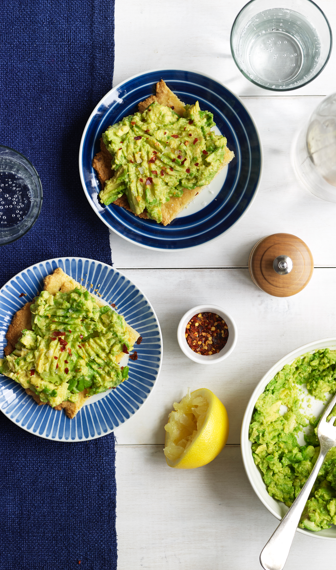Q: I take a multivitamin, but I’d like to make a bigger effort in getting the nutrients I need from whole foods as well. What should I be eating?
A: Optimally, it would be great if you could get all the vitamins, minerals and nutrients you need from the whole foods you consume every day, but sometimes a multivitamin is a necessity as well. With that being said, here’s a little rundown of the key nutrients, what they do for you, and what whole food sources you can find them in:
Vitamin A: Promotes good vision; maintains healthy skin, cells and tissues
Orange or yellow vegetables and fruits and dark green leafy vegetables
Vitamin C: Promotes healthy gums and teeth; necessary for the production of collagen; is a potent antioxidant
Citrus, berries, tomatoes, peppers, broccoli,
Vitamin E: An antioxidant which keeps cells and tissues healthy
Vegetable oil, nuts, wheat germ, green leafy vegetables
Vitamin K: Essential for normal blood clotting
Dark green leafy vegetables, dairy products
Vitamin B1: Necessary for heart function and healthy nervous system
Whole grains, legumes, pork, seeds/nuts
Vitamin B2: Essential for growth and production of red blood cells
Dairy products, meat, poultry, fish, enriched grain products, dark green leafy vegetables
Vitamin B3: Helps to maintain healthy skin, nerves and digestive system
Meat, poultry, fish, nuts, dairy products; peanut butter
Vitamin B6: Aids in protein metabolism and helps to maintain brain and nervous system functions
Whole grains, legumes (beans), meat, poultry, fish, nuts
Vitamin B12: Necessary for development of red blood cells and normal nervous system function Meat, poultry, fish, dairy products, eggs
Phosphorus: Necessary for energy metabolism and for healthy bones and teeth
Fish, meat, poultry, milk, cereal products
Chromium: Maintains normal metabolism and is important in the metabolism of carbohydrates and fats
Liver, yeast, cheese, wheat germ, mushrooms, seafood

